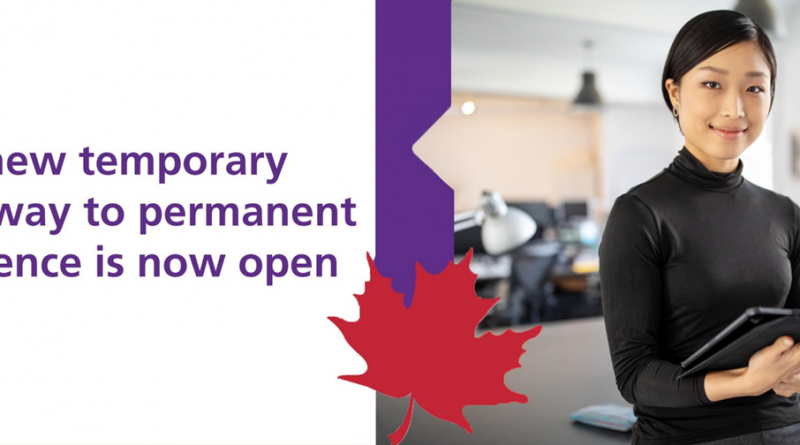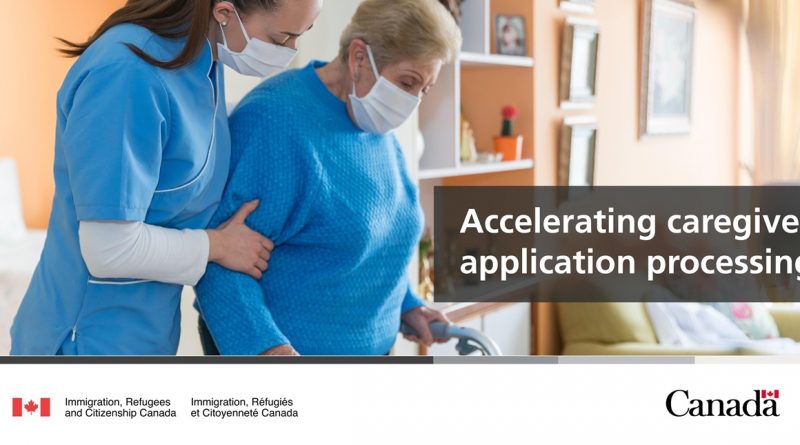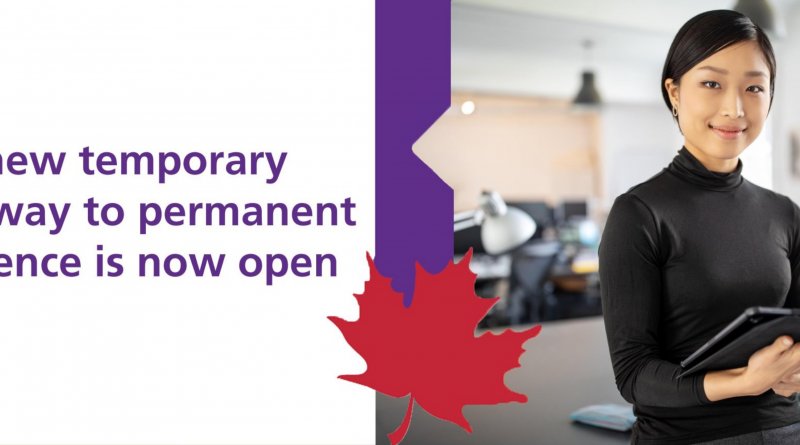International Mobility Program: Labour Market Impact Assessment (LMIA) Exemption Codes
This section contains policy, procedures and guidance used by IRCC staff. Sections 204 to 208 of the Immigration and Refugee Protection Regulations (IRPR) provide the regulatory authority to issue a work permit to a worker who does not require a Labour Market Impact Assessment (LMIA). The LMIA exemption codes are listed in the following tables.
Read More














